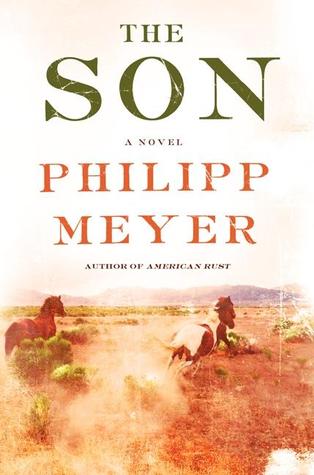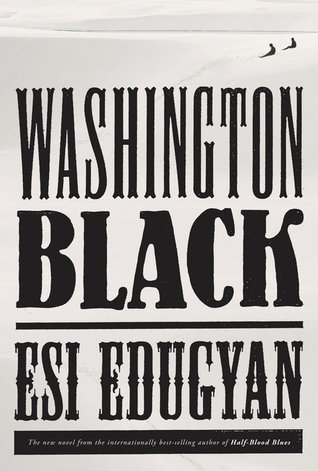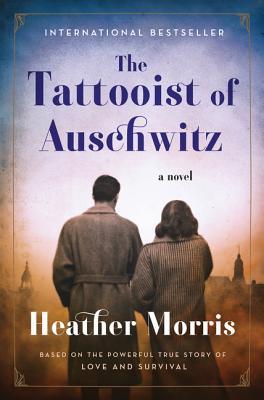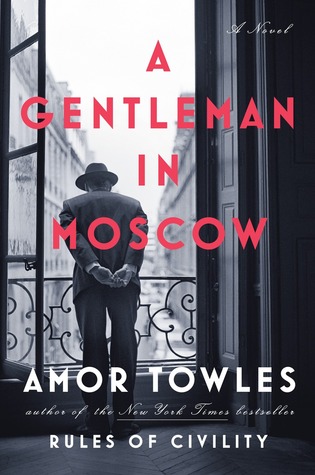The Son: Cowboys and Indians, the great wild west, and a whole bunch of scalping. This 2014 Pulitzer Prize nominee is a sweeping saga through generations of a wealthy Texan family, from the mid-1800s to present day. This is not a ‘feel good’ book. It is cold, savage, and ultimately brutal, a book to leave you feeling inescapably withered on the inside. Ecco | Kindle Edition | May 28, 2013 | 580 pp
The Son is told through the alternating perspectives of four different generational voices within the McCullough family, each telling a story in a different time: Eli, Peter, Jeanne Anne, and Ulises. With each chapter, the story goes back and forth through time with some overlap seen toward the end.
On a linear time scale, the story begins with Eli “The Colonel” McCullough. Living on a small parcel of Texas farmland with his family, young Eli is forced to witness the massacre, rape, and scalping of his family by a tribe of raiding Comanche. His father was the only one not at home that day. He and his brother, a few years older, are taken prisoner but they eventually murder his brother along the long journey back to their camp. After many years with the Comanche, he essentially becomes one of the tribe. He adopts their ways, earns respect, and even raids and kills the whites with his Comanche brothers, taking scalps as trophies.
Peter is the son of the famous Colonel McCullough (Eli) – the legend who once rode with the Comanches and then fought for the Confederacy during the Civil War. Peter lives well on a sprawling horse and cattle farm inherited from his still-living father. But his father still runs the show and lately his father has been destroying the pure land with oil derricks. Peter isn’t like his father at all and doesn’t approve of the land destruction (the reader would think that Eli – one who ran with the Comanches and worshiped the land – wouldn’t turn to oil, but his reasoning comes straight from his travails), and when his Mexican neighbors – the Garcias – are massacred at his father’s behest, Peter begins a slow and painfully haunting detachment from the family.
Jeanne Anne is the Colonel’s great-granddaughter who formed a tight bond with him as a child. When her father dies early and with no one left to take control over the massive amounts of land owned by her family, Jeanne Anne fills a man’s shoes at an early age, rarely heard of in this age, and takes the reigns. Well aware of her father’s failings and the financial red line from the cattle industry, and wanting to be more like the Colonel, Jeanne Anne sacrifices almost all for the sake of prosperity. She builds an oil empire.
We only hear from Ulises at the very end. He is a descendant of the Garcia massacre, grandson to Peter, and a possible challenger to the McCullough dynasty throne – not that this is his ambition. But things tend to come full circle where ambition and greed have led for generations.
I like the title of this book: The Son. I mention this prosaic thought because my first inkling was that the book had to be about Peter because he is the son of Eli. After closing the cover, I realized that the title refers to all four of them: Eli is the son who defied all odds and survived a Comanche raid, Peter is the son who defied his father to defend the Garcia name, Jeanne Anne is the daughter who defied the sexual limitations of the time by becoming the son, and Ulises is the son who defied the McCullough’s reign.
The McCullough family saga is tethered to land ownership from beginning to end. When young Eli was riding with the Comaches, his adoptive Indian father explained that the whites think they own the land while the Indians believe it belongs to no one. Yet, each side fought viciously for what they wanted and felt justified in massacres to take back anything they felt owed – land, blood, guns, women, scalps. In Peter’s generation and in the same vein, the whites would take land from the Mexicans through steady and unjust massacres during the border wars, their ridiculous justifications passing as the good word in the aftermath. In Jeanne Anne’s story, her war was with liberalism and the environment over the use of her land – even though that same liberalism allowed her to keep the land as a woman. Ulises appears as the long-lost inheritor of a land stolen from his family.
“No land was ever acquired honestly in the history of the earth.”
I proved to be a weakling after this read; it was simply too much to bear. I’m familiar with the atrocities committed on all sides; I didn’t want to hear the details. Brutal rape scenes, live scalpings, the murder of children as if they were mere targets, mutilations, horrific torture scenes, a complete absenteeism of basic human morals – is this how the west was won? We all know the answer, but the author did too good of a job recreating the details of plausible atrocities, and reading about it felt too personal – Meyer transports the reader, putting you smack dab where you don’t want to be.
I can’t say that I would recommend this book to anyone, except perhaps historians. The writing and the historically accurate milieu are a feat – being a Pulitzer Prize nominee speaks for itself. The dramatically different voices appealed to me and I did learn a thing or two. For example, I never knew that the whites scalped the Indians and upon investigating, I learned that scalping was something the Europeans brought to the New World – something the Indians picked up from the whites. Still, it was all too real. I’m an escapist and I am constantly traveling (happily!) within the dreamworld of an open book. The Son took me into a nightmare.
You might wonder how I can adore horror or Stephen King novels or zombies or dark scifi, even. It’s because it’s not real – it’s safe. The Son is real – it’s not safe.
The Son
by Philipp Meyer




